I never expected to “get into” genealogy. I had a pretty good grasp on my heritage … I thought. Then a genealogy librarian at the Allen County Public Library in Indiana handed me a large three-ring binder, my full name emblazoned across the front. I cracked it open, took a quick overview, and landed on some names I did not recognize. And my jaw dropped, literally.
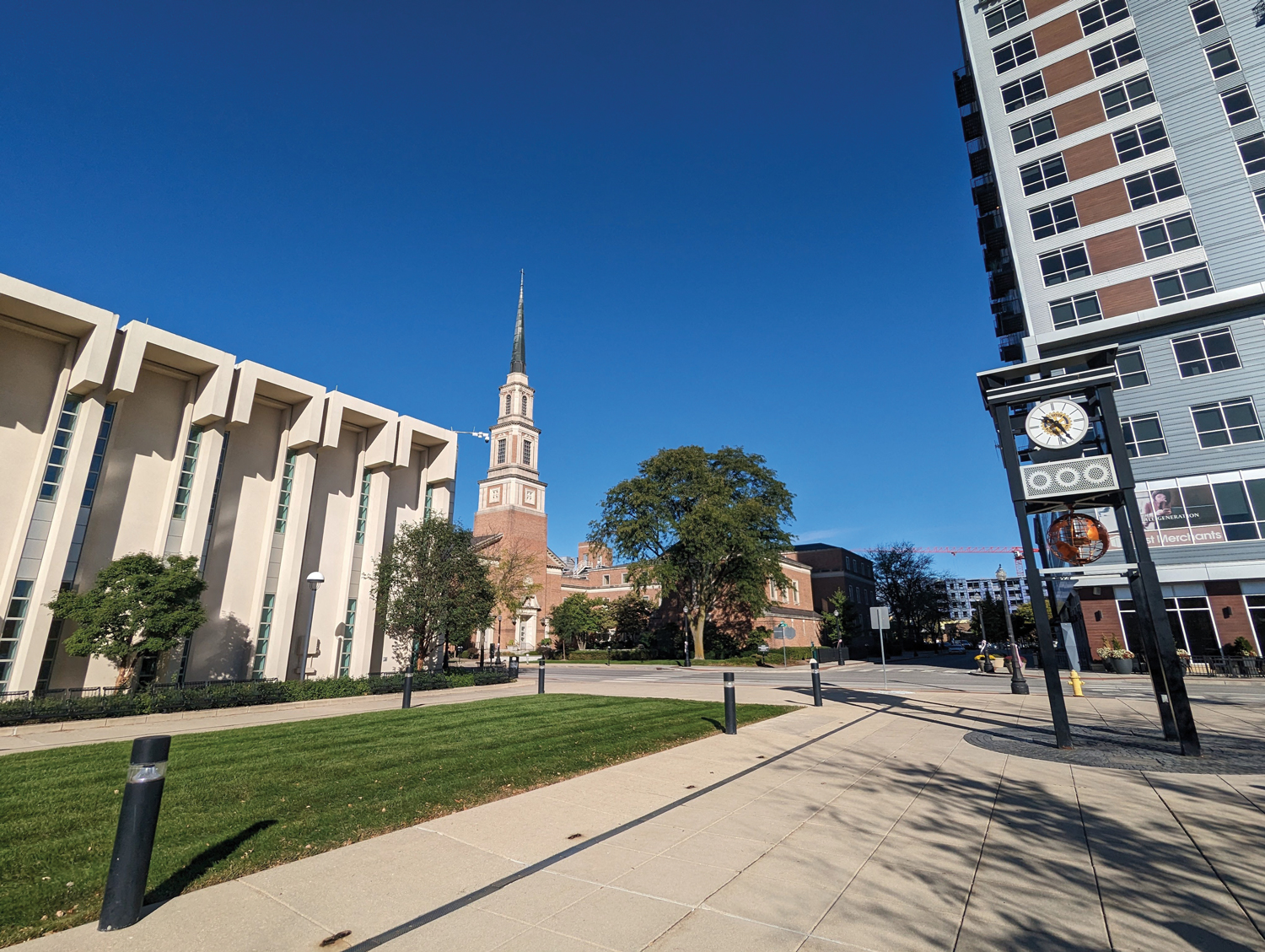
The Allen County Public Library in Fort Wayne, Indiana, is home to the Genealogy Center, which is regarded as having the second-largest collection of genealogy records in the United States. Only the FamilySearch Library operated by the Church of Jesus Christ of Latter-day Saints in Salt Lake City is larger than this public collection.
By October 2023, I had finished writing a story for Lancaster County Magazine about Gregg Scott and his new book on Lancaster architect, C. Emlen Urban (see LCM Nov-Dec 2023). I wanted to write about Urban for years – a historical figure I had a passing interest in – and the premiere of Scott’s book, Urban Legend, made for perfect timing. With the copy in my editor’s hands, the Urban story was finished – or so I thought.
I was in Fort Wayne, Indiana, as part of a press trip showing visiting writers everything the Midwest city has to offer. In the morning, I got an email just before heading to the Genealogy Center, the second-largest genealogical collection in the United States and part of the Allen County Public Library. My editor, Sue Long, sent a digital proof of the Urban story for my review. I decided to look it over later in the evening.
At the library, I paged through my binder. On my maternal grandfather’s side, my fingers froze on the tab reading “Other Urbans.” Well, that is a coincidence. I did not know of any Urbans in my family tree. I flipped open the page to Benjamin Urban’s recording in the census of 1850 and spotted two items beyond mere chance – the time of his birth, mid-1800s, and the place of his birth, Conestoga. Both were familiar from my chats with Scott about C. Emlen Urban.
I immediately fired off an email to Scott: “Hey Gregg, long story short, but I’m out in Indiana at a genealogy library. Has anyone ever done any history on C. Emlen’s genealogy?” The research historian for his book, Deb Oesch, had researched Urban’s family tree. I fervently contacted her with my new information. “It appears that would make you a 3rd cousin 3 times removed to C. Emlen Urban” was her reply.

You can imagine how shocked I was to discover through the genealogy book that was prepared for me that I was related to architect C. Emlen Urban! I was thrilled to meet his great-granddaughters at a book signing Gregg Scott held at LancasterHistory.
By serendipity, I learned I am related to a subject I had been drawn to for years and just finished writing about. Amazing! The timing could not have been more cosmic. It turns out revelations like these regularly hook people into genealogical research.
The Genealogy Center
“Story changes people’s lives.” Four words. Simple. But when spoken by Curt B. Witcher, the director of Special Collections at the Allen County Public Library, those words ring a more resounding truth – one of experience, connection and worth. “There is part of us that wants to know ‘I am somebody’ and ‘where did I come from.’”
It turns out, Witcher is a rock star in the genealogy world, but he also serves as the general curator for the institution’s rare and fine book collection and supervises the new Lincoln Library. He led us on a tour of the facility, with its rows of computers, stacks of place- and name-based books, and spacious workstations where people have been known to cart in their own documents and records. The massive collection of genealogical materials is ever-growing; Witcher estimates the library adds 1,200 to 1,500 new items per month. Only the FamilySearch Library operated by the Church of Jesus Christ of Latter-day Saints in Salt Lake City is larger than this public collection.
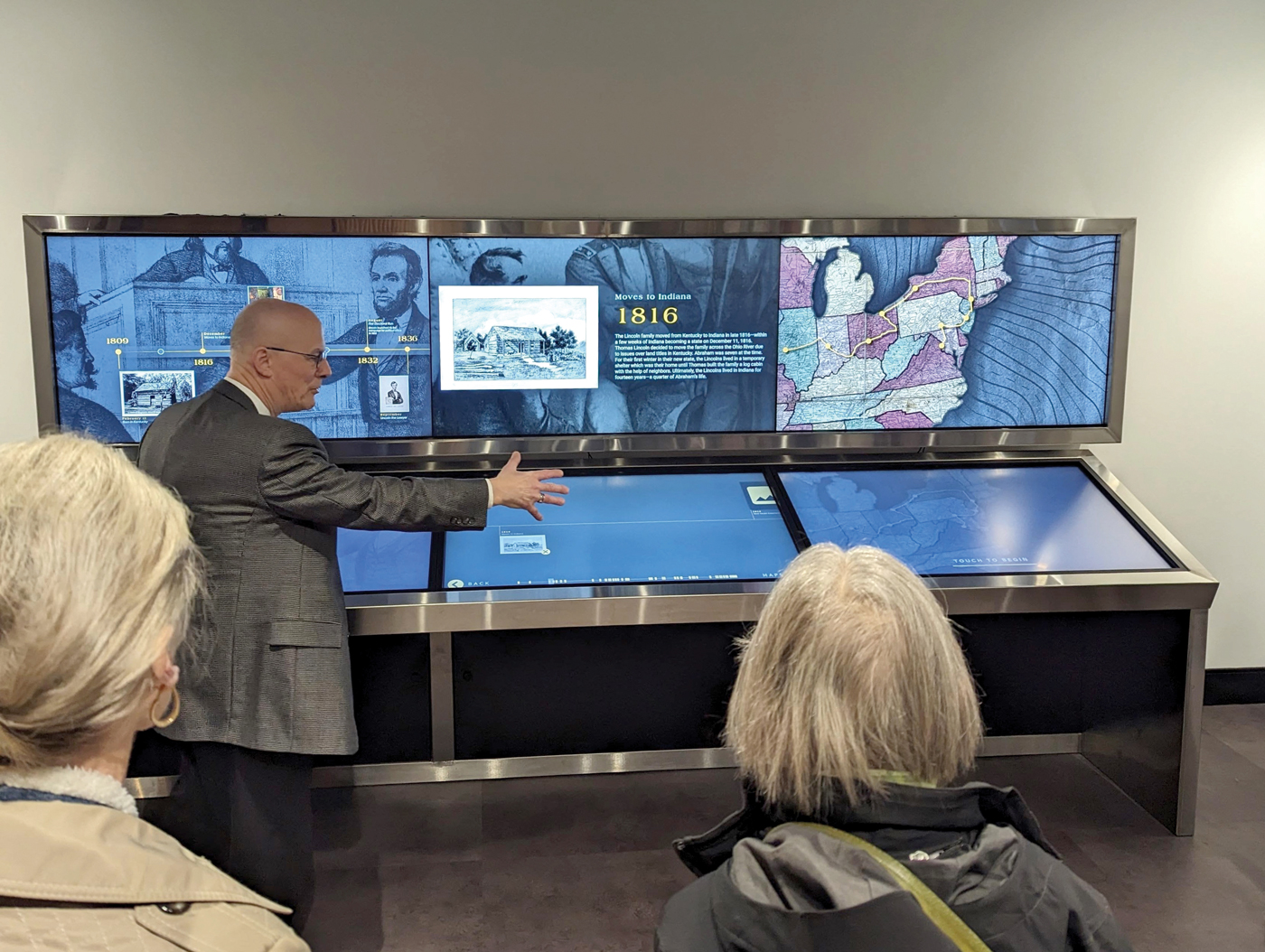
Curt B. Wichter took visiting writers on a tour of the library’s advanced technology that is in place throughout the facility.
As a visiting writer I was given VIP treatment and the research for my binder was completed by one of the five staff genealogy librarians. These experts’ sole job is to help folks find their family members. The public can schedule a free genealogical consultation with a librarian. These take about 30 minutes, but days can be spent perusing through millions of physical records or using the library’s digital and online resources. Throughout the year, the library holds informational seminars with titles like “Using City Directories to Break Down Brick Walls” and “Tracing the Path of African Americans from Enslavement to Freedom.”
- Evangelical and Reformed Historical Society, Lancaster Theological Seminary
- Lancaster Public Library
- Seibert Genealogy Library and Resource Center
- LancasterHistory
- Mennonite Life
- Office of Records and Archives, Lancaster County Courthouse
- Other municipal historical foundations and societies
Jump into Genealogy
Modern historians, pop culturalists and scholarly writers all honor Alex Haley’s 1976 novel Roots (and subsequent TV miniseries) as the origin of the current genealogy craze. And it is a craze. In 2014, ABC News reported genealogy was the second most popular hobby in the U.S., after gardening. A decade ago, genealogical websites had already hit 108 million visits annually. By 2023, one popular site had 200 million visits alone.
Before you head off on a genealogical journey to Fort Wayne, gather as much as you can about your family history, including names, resident locations, and birth and death dates. There is a link to start your own family tree on the library website, as well as other information to help plan a visit. The library has compiled many online resources as well, including special gateways for African American and Native American researchers; digitized family history archives; and online database access to hundreds of sites like ancestry.com and newspapers.com.
The Genealogy Center of the Allen County Public Library produces PERSI, the premier subject index for genealogy and local history periodicals. This valuable resource provides more than 3.1 million citations to periodical sources. Access to some select resources is limited to visitors physically visiting the library.
While in Fort Wayne
Apart from genealogy research, Fort Wayne is a wonderful place for a family visit. The city is home to a minor league baseball team, the TinCaps, as well as a stellar art museum, a botanical garden, a children’s zoo and several breweries. It’s filled with public art, and has its own philharmonic and ballet.
Fort Wayne was settled on the indigenous lands of the Miami tribe at the confluence of three rivers, so outdoor activities are plentiful and popular. There are more than a dozen parks and gardens in this city of 263,000 residents. Hiking, biking and golf are all popular among locals and visitors. The heart of downtown activity is the riverfront Promenade Park and The Landing, which is filled with special events year-round. With all this and the Genealogy Center, anyone can find themselves – like I did – in Fort Wayne.
For more information, visit acpl.lib.in.us.

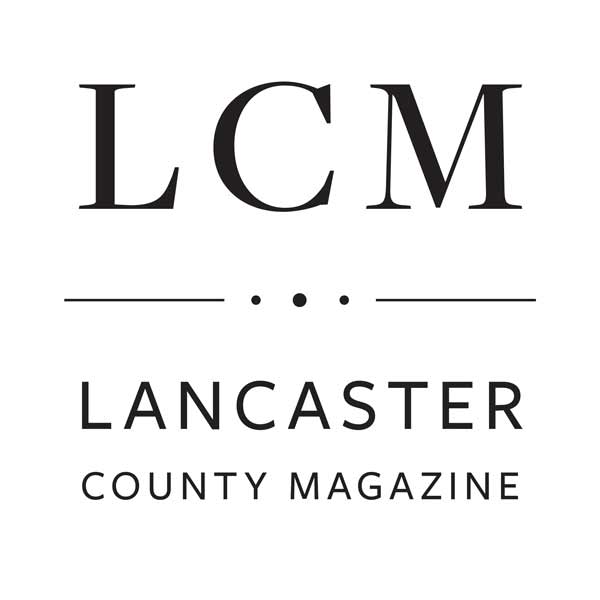
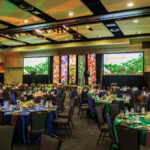
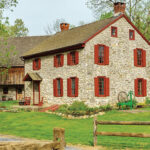

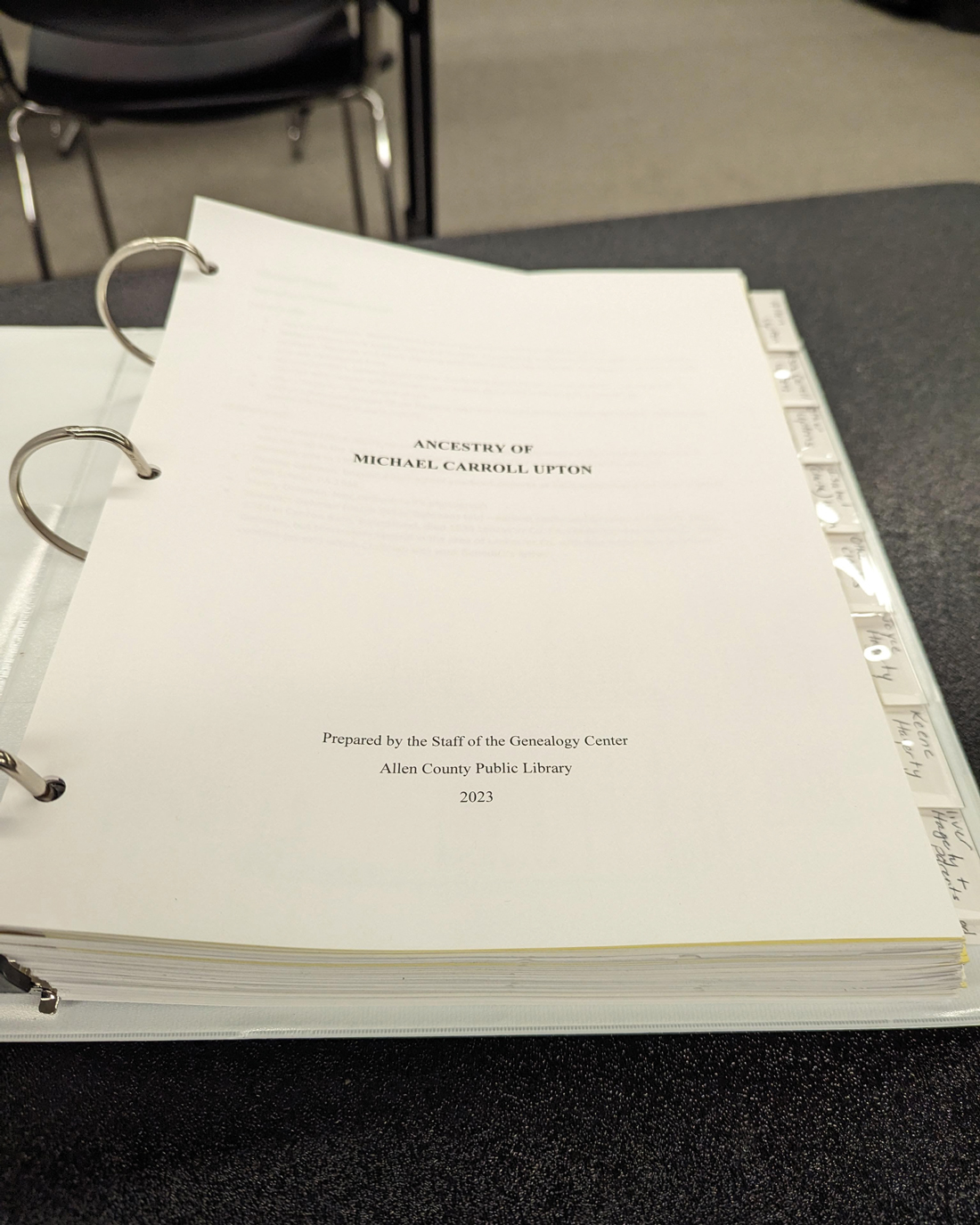
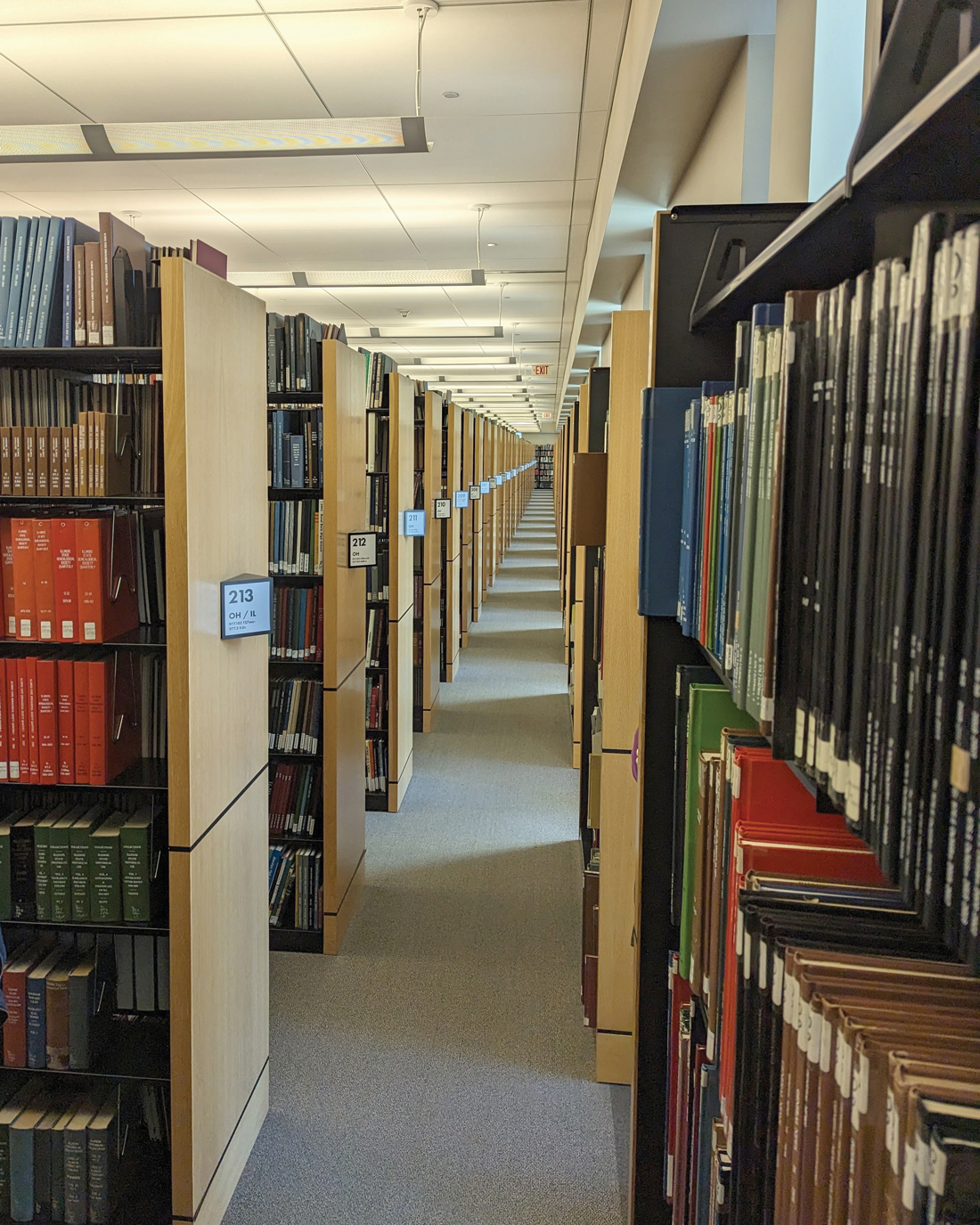
SHARE
PRINT